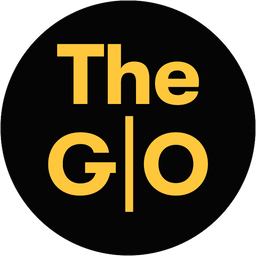#145 THE G|O BRIEFING, JULY 6, 2023
Exclusive: Lula says "international system is irremediably broken" | New ties and common values between EU and Latin America | "Make good trouble!" says artist and activist Joan Baez | The G|O soon behind a paywall
Friends,
We hope you are well.
Today in The Geneva Observer, an evening with legendary artist and social justice activist Joan Baez, a detour to Brasilia, and, for once, a word about ourselves, in the form of an appeal.
“Make good trouble,” Joan Baez exhorted the guests at a private event last week, the day before attending a vernissage at a downtown gallery featuring American artists. “One of the (many) privileges of diplomacy is meeting those who have not just been witnesses to history but who helped make it,” wrote the Twitter-savvy UK Ambassador Simon Manley.
One of the (many) privileges of diplomacy is meeting those who have not just been witnesses to history but who helped make it. The incomparable @joancbaez speaking to @USAmbHRC about art, music and the civil rights struggle - thank you, Michèle, for this precious invitation pic.twitter.com/PuxNWzhGUd
— Simon Manley (@SimonManleyFCDO) June 27, 2023
It’s a privilege—minus the residence, the chauffeur, and the diplomatic cables—that we journalists share with ambassadors. Stephanie Nebehay was among the VIPs present, and reports on the event.
We also return to the familiar topic of the realignment of global powers and multilateralism with an exclusive inside look at Brazil’s efforts to transform the multilateral system and its institutions. Over the last few weeks, The G|O’s Jamil Chade held extended conversations with Celso Amorim, the main architect of Lula’s foreign policy. Its central tenet: against the backdrop of an international system that Brasilia considers irremediably broken, the Lula administration refuses to be forced to choose sides as a struggle for global hegemony between competing blocs plays out, exacerbated by the US-China rivalry and by the war in Ukraine. A struggle which, for Brazil and other democratic countries in the Global South, would only perpetuate political and economic inequities and prevent the global community from tackling today’s challenges.
Our guest essay of the week is a related piece. In anticipation of the upcoming summit between the EU and the Community of Latin American and Caribbean States, Daniel Rocha, formerly with Brazil’s Central Bank, thinks there is an opportunity for the two groups to forge new links and present a united front on common values.
And lastly, some important news about The G|O with the announcement that we will move to a subscription model when coming back in August.
As usual, it’s all below. And as always, thank you for reading us.
Exclusive: The current global system is broken, Brazil’s foreign policy czar tells The Geneva Observer
By Jamil Chade
Six months into what is his third presidency, Luiz Inácio Lula da Silva does not only want Brazil to return to the world stage, but also to become a major player in reshaping global governance. The task is urgent, as he believes that successfully tackling transnational challenges—from climate change to rising inequalities and hunger—will not be achievable without, first, a thorough transformation of the current system. Lula has concluded that “it is irremediably broken,” Celso Amorim, Lula’s foreign policy czar, tells the G|O. Brazil’s hyperactive diplomatic efforts must be seen, and assessed, in light of the shared conviction of the pair.
For Brazil, an opportunity for leadership on the world stage
Well before his return to power last December, Lula, Amorim, and their foreign policy team had already concluded that a lack of “leadership” in pushing for a profound reform of the multilateral system—a necessary effort made even more difficult at a time of fraught geopolitical tensions and against the backdrop of the US-China rivalry—would offer Brazil an opportunity to play a defining role on the world stage. The country hopes, sources tell me, for nothing more than to leverage its long democratic tradition and status as a regional power, to shape a new global order.
Based on confidential documents seen by The G|O, and on numerous interviews with Brazilian diplomats including Amorim, a clearer image of Brazil’s diplomatic efforts now appears.
They reveal the extent to which Lula’s administration is bent on reversing what it considers to be the immensely misguided isolationist policies of Jair Bolsonaro, which, in its view, made Brazil insignificant, beginning with its disengagement from the multilateral system. They shed light on Brasilia’s foreign policy priority, and the country’s constraints, as it pushes for its ambitious agenda navigating an extraordinarily complex and volatile geopolitical environment.
Some of Lula’s positions in reversing his predecessor’s policies, however, have created unease among Western countries over the last few months. Mostly, sources tell us, because the Brazilian president is insistent on defending a non-aligned posture—particularly in regard to the US-Chinese rivalry, which he doesn’t consider to be ineluctable. Tensions and divisions should not be exacerbated, Lula believes. But he’s equally determined to build an inclusive and diverse governance architecture that would significantly alter the current order.
The new president loses no opportunity to stress that the current system is broken and not fit for purpose to solve our most pressing problems. He does so with increased intensity—and impatience—when addressing his Western interlocutors, primarily denouncing the World Bank and the International Monetary Fund as examples of what he believes to be two gravely dysfunctional institutions.
From the G7 meeting in Hiroshima to the recent Paris Summit for a New Global Financing Pact, Lula repeated his critique of the Bretton Woods system, telling leaders that the international system was outdated and advocating for the empowerment of poorer countries grappling with debt. He also regularly bemoans the paralysis of the World Trade Organization (WTO), crippled by the US’ continued refusal to allow the appointment of judges to the Appellate Body, the WTO’s dispute settlement body. The lack of a truly inclusive global governance system, Brasilia argues, is also hindering progress in tackling climate change.
A new direction for the UN
But unlike his predecessor Jair Bolsonaro, or Donald Trump before him in the US, Brazil is not disengaging from international organizations. “Our agenda is marked by the defense of multilateralism,” Amorim repeatedly insisted to me. The UN, he contends, needs to be strengthened and reformed: “2023 is not 1945.”
Until and unless it reforms itself, the UN, already lacking in credibility, is at risk of descending further into irrelevance, Amorim believes. And only an immediate reform and enlargement of the UN Security Council’s permanent membership will reverse the trend. Lula and Amorim see no rational explanation for the fact that Latin American states including Brazil, and other countries, are not members. “We need to renew the direction of the UN so that we have an organism with global decision power,” the chief Brazilian diplomat says, quoting his president.
Brasilia’s aim to reshape the global governance order is supported by hyperactive diplomatic activity around the world, summarized by “talk to whoever needs to be talked to”—and wherever, which includes International Geneva. The policy is taking Brazil’s diplomacy and Lula’s outreach well beyond the country’s Western allies and friends, an exercise that has regularly landed Lula in hot water. In May, he was roundly criticized for cozying up to a dictator when he welcomed Venezuela’s Nicolas Maduro to Brazil for a Latin American summit, and criticized the US sanctions against the country. Maduro had been banned by Bolsonaro.
He also generated discomfort by lavishing praise on far-right Italian Prime Minister Giorgia Meloni, defending himself by saying he was meeting with the head of a government and that “ideology” should not be an obstacle to dialogue.
Brazilian policymakers and diplomats tell me that the Lula administration sees a reconnection and recognition of low-income countries as an indispensable step to advancing its ambitious foreign policy agenda. Lula has been pushing for greater African representation at the G20, and has reopened embassies on the continent. It is also a way for the country to be perceived as the leader of the ‘democratic’ Global South—potentially putting it at odds with China which sees itself as the de facto leader of the entire bloc.
The war
In his third term as president, the 77-year-old Lula now sees himself as a global peacemaker. Russia’s full-scale invasion of Ukraine has transformed the geopolitical landscape and redistributed global power. “We want to be part of the solution,” Celso Amorim tells me, adding, “we all know what happened with the Treaty of Versailles,” referring to the sense of humiliation perceived by Germany after WWI. Amorim believes that “a disintegrated Russia would pose an immense danger. It is in everyone's interest that Russia's cohesion be maintained,” he says.
He has met with both Putin and Zelensky, is in constant contact with Jake Sullivan, the US National Security Adviser, and most of the Western countries’ foreign ministers and presidents. Peace between Ukraine and Russia, he admits, remains highly elusive. The last G7 meeting which he attended went nowhere. He sees no willingness at this point from either country to negotiate and remains convinced that a solution will only come when both parties are willing to talk—a situation, he says, that could be facilitated by third countries, including his own. The process would involve a first phase during which the respective positions of Ukraine and Russia would be clarified by facilitators in the hope that a rapprochement would occur, with, in a second phase, the contact group actively engaging in brokering a peace agreement, which, he says, would have to be “ultimately endorsed by the UN.”
There is also a new recognition by the Lula administration that its ambitious foreign policy agenda is facing some challenges. Earlier statements about the enlargement of the BRICS—the group of emerging countries that includes Brazil, Russia, India, China, and South Africa—have been toned down. Saudi Arabia, Iran, Indonesia, and other countries hope to join the group, but Brazil wants to establish criteria before considering a possible extension.
For Brazil, enlarging the BRICS would accelerate a transition away from the dollar that Lula advocates, and facilitate coordination in the multilateral arena. But an enlargement could also mean a significant redistribution of power within the group, potentially weakening Brasilia’s position. It could also increase geopolitical tensions by being seen as a new bloc, which is precisely what Lula is trying to avoid. “The G7 does not talk about expanding,” a Brazilian diplomatic source tells me.
“Dividing the world between East and West or North and South would be as anachronistic as it would be senseless. It is necessary to break with the logic of exclusive alliances and false conflicts between civilizations,” Lula told the G7 leaders gathered in Hiroshima, adding: “Coalitions are not an end in themselves, and only serve to leverage initiatives in plural spaces such as the UN system and its partner organizations.”
Lula’s foreign policy plan remains as ambitious as ever. But six months into his third term as president, realism and pragmatism are also settling in as he attempts to rebalance the power between the West and democratic emerging countries like his own.
-JC
Related content:
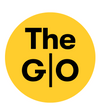

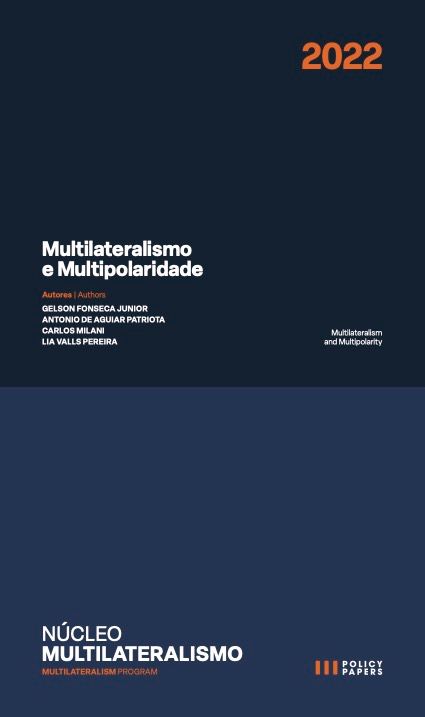
Joan Baez tells Geneva audience: “Make Good Trouble!”
Joan Baez discussing her art and activism at the residence of US Ambassador Michèle Taylor, under the shade of a centenarian cedar tree, was an unforgettable evening last week for an audience of Geneva VIPs, including top diplomats, UN officials and campaigners.
The folk singer-songwriter turned artist recalled her early civil rights activism, including taking part in the March on Washington for Jobs and Freedom in 1963, where she sang at the Lincoln Memorial before Martin Luther King Jr. delivered his historic ‘I Have a Dream’ speech.
“Back in the day, there was a lot of risk being taken, we were walking black children to school in Mississippi,” Baez told the seated crowd, referring to minority students being integrated into the southern state’s educational system in 1966.
“I encourage you all to take that risk and ‘make good trouble’,” said the silver-haired icon, dressed in a black T-shirt and jeans with a blue silk scarf.
The Californian, 82, was in Geneva to promote the travelling exhibit ‘A More Perfect Union: American Artists and the Currents of Our Time,’ marking the 60th anniversary of the ‘Democracy Collection’ assembled by the Art in Embassies office of the US State Department.
Her portrait of Eleanor Roosevelt, the First Lady who helped draft the Universal Declaration of Human Rights, is among the works on display at the Xippas Gallery in Geneva’s Plainpalais area through July 22. It is part of her ‘Mischief Makers’ series, produced in the decade since Baez retired from touring and turned to painting, without any formal training. (more)
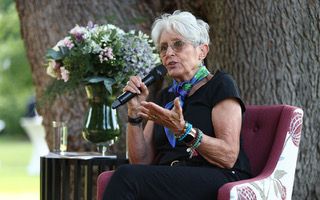
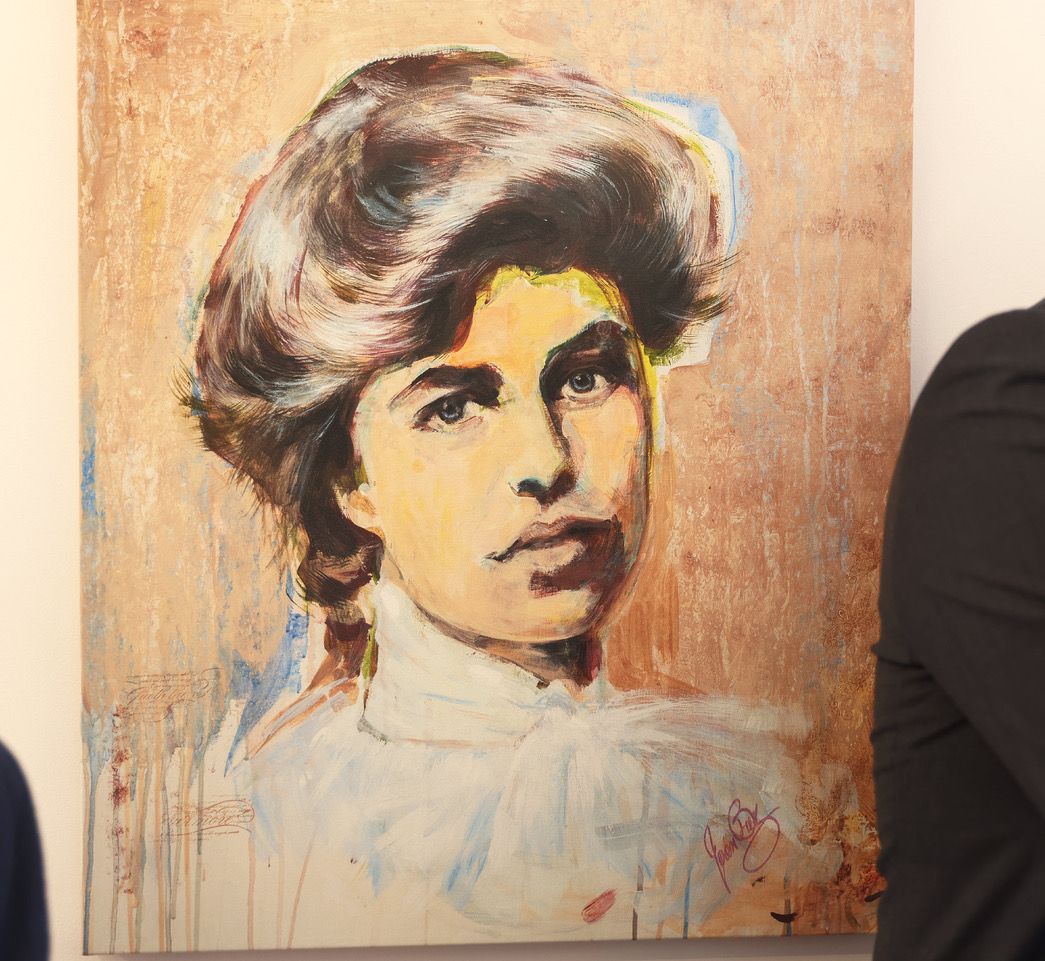
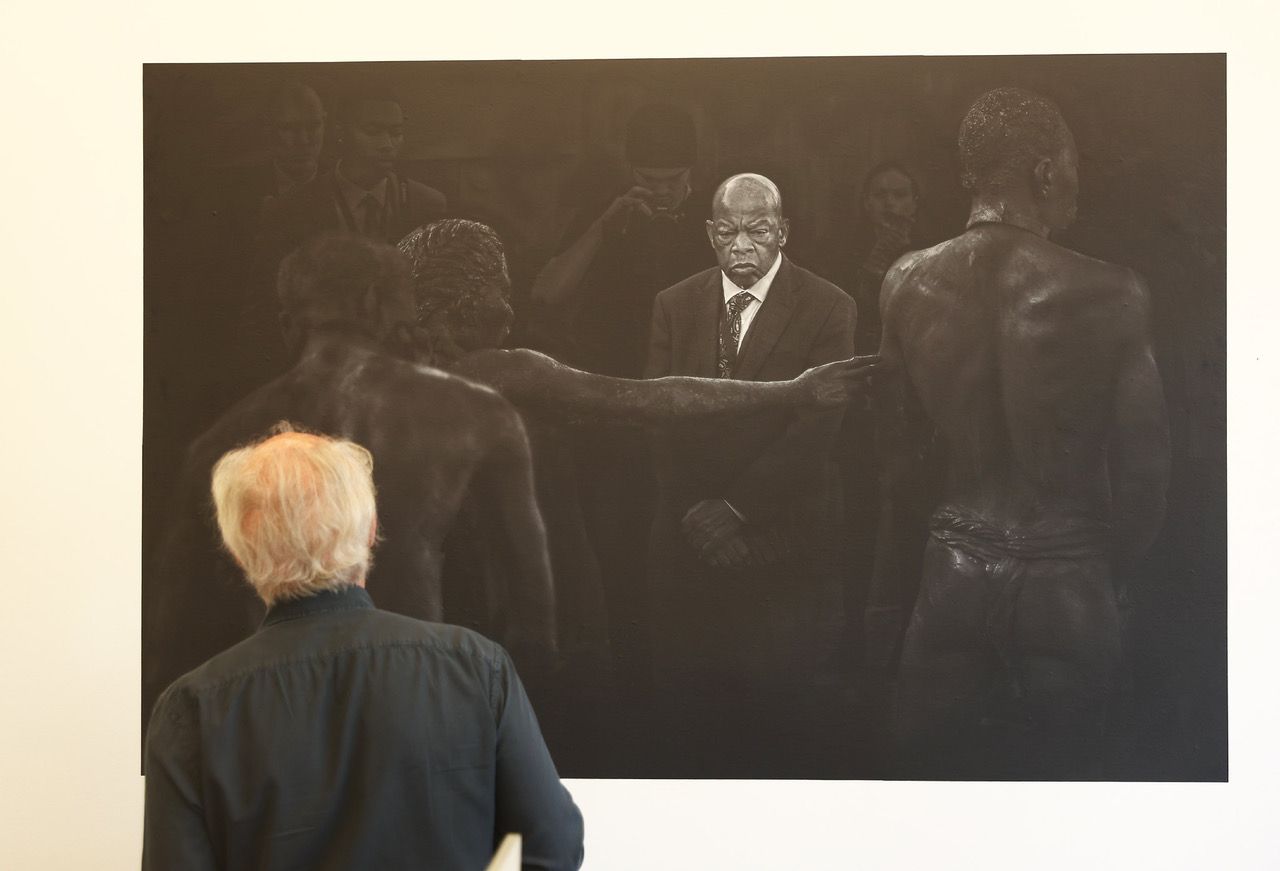
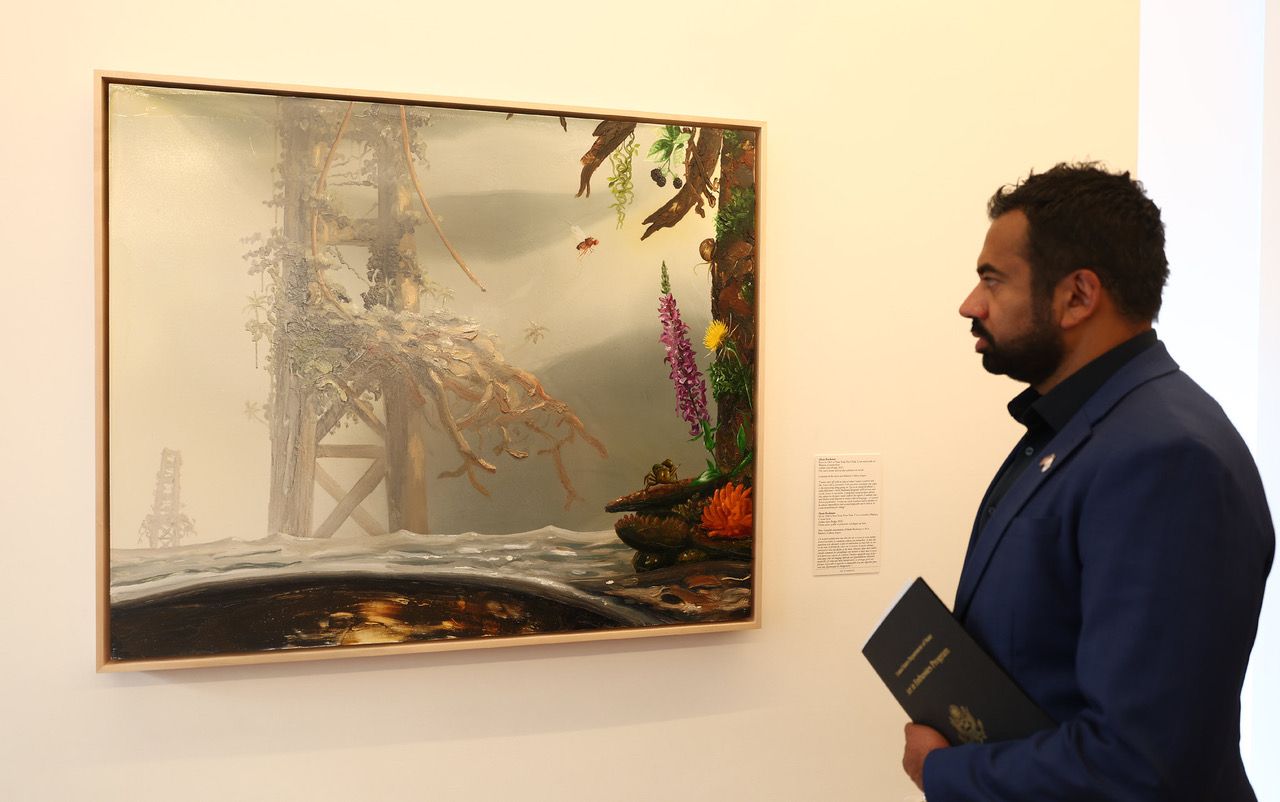
How the EU and Latin America can strengthen their strategic partnership
By Daniel Rocha*
In today’s rapidly evolving global geopolitical landscape, the European Union (EU) finds itself at a critical juncture, seeking strategic autonomy and a diversified approach to its international relations. The era of unilateralism and protectionism under the previous US administration—coupled with challenges posed by China’s rise, supply chain disruptions during the COVID-19 pandemic, and Russia’s invasion of Ukraine—have all reinforced the EU’s quest for self-reliance.
It is within this context that Latin America emerges as a key partner for the EU, offering not only economic opportunities but also the potential for a united front on crucial global issues.
The upcoming Community of Latin American and Caribbean States (CELAC)-EU summit in July provides a unique opportunity to solidify a strategic partnership between the two regions. The EU recognizes that Latin America and the Caribbean (LAC) hold strategic importance, particularly in light of the war in Ukraine. Latin American governments play a vital role in voting on resolutions concerning Russia in the United Nations General Assembly, underscoring their political significance. Moreover, Latin America possesses valuable resources, including natural gas, oil, and lithium, which are crucial for the EU’s supply chains. Additionally, with its favorable climate and geographic conditions, LAC is well-positioned to become a major producer and exporter of green hydrogen, a commodity in high demand as Europe transitions to renewable energy sources.
The October 2022 meeting of foreign ministers from European and LAC countries in Buenos Aires marked a significant step toward revitalizing bi-regional dialogue. This gathering yielded important outcomes, including the renewal of the bi-regional agenda, the establishment of a timetable for activities in 2022 and 2023, and the announcement of a CELAC-EU summit in Brussels in July 2023. Notably, open debates were held on contentious issues such as Russia’s invasion of Ukraine and human rights violations in Latin America. This departure from previous meetings, where non-democratic governments’ participation dominated the discourse, signifies a positive shift toward addressing critical concerns head-on.
However, the question of how to approach authoritarian regimes in Latin America remains a challenge. While it is imperative to engage all governments in the region, the EU must also uphold its commitment to human rights and openly criticize violations, as some Latin American governments are doing. Striking a delicate balance between inclusivity and the protection of democratic values is crucial to maintaining the integrity of the partnership.
The need for a unified approach on international issues, particularly regarding sanctions related to the war in Ukraine, must be central to the EU-Latin America strategic partnership. Presently, there is no consensus among Latin American countries or between the EU and LAC regarding the imposition of sanctions. The joint communiqué from the Buenos Aires meeting avoided explicitly naming and condemning Russia, highlighting the differing interests and assessments within the partnership.
To forge a robust strategic alliance, it is essential for the EU and Latin America to align their positions on the Ukraine conflict. While Latin America may view its stance as a matter of choice, Europe perceives it as a necessity to defend its core values against a genuine military threat. By bridging this gap and achieving a unified front on sanctions, the EU and Latin America can showcase the strength of their partnership and their shared commitment to international peace and security.
As the EU seeks to establish itself as a reliable and strategic partner to Latin America, it must act strategically. It is vital to foster substantive partnerships rather than rely on grand joint declarations that lack practical consequences. By forging strong alliances with select partners, the EU can demonstrate its commitment to meaningful cooperation and ensure that shared objectives translate into tangible outcomes.
*Daniel Rocha, LLM, is a partner at Qorvis in Brussels. He worked for 13 years at the Brazilian federal bank and holds a Master of Laws degree from Katholiek Universiteit Leuven, Belgium, in International and European Public Law.
An appeal to our readers
Friends, we love putting out The Geneva Observer to several thousand readers around the world every Thursday evening. I started The G|O in 2019 with a simple goal: write high-quality, independent, and reliable articles about International Geneva that you couldn’t find anywhere else. We dubbed The G|O ‘locally international.’ And today, our reach is indeed global, extending to more than 150 countries, with a steadily growing audience of about 3,500 engaged readers, often with a high share rate. All this has been possible thanks to the dedication of a very small, expert, and highly dedicated team, and despite a minuscule budget. Producing The G|O is hard and slow work, a journalistic pocket of resistance at a time when AI is used to produce ‘content.’
In 2020, The G|O Briefing was boosted by a grant from the Konrad Adenauer Stiftung KAS Foundation — Multilateral Dialogue Geneva. KAS’s Geneva director approached me. An extraordinarily acute observer of the multilateral scene himself, he saw our work as an essential contribution to explaining the arcane world of International Geneva’s ecosystem. Shortly after, the Puech Foundation decided to match KAS’ grant.
The support of these two foundations has now come to an end. The G|O would not have been possible without them. Jamil Chade, my byline partner almost since the beginning, and I cannot thank them enough. Their support has also allowed us to have our pieces finely edited by Paige Holt and Dan Wheeler, and to hire stringers highly proficient with International Geneva.
But unfortunately, unless we are able to find new sources of funding, we may have to suspend publication and put The G|O into dry dock. As a Swiss entity, we are not eligible for European grants. Large philanthropic organizations that fund media, we have discovered over the years, remain largely unaware of the importance of what’s happening here—the very state of affairs that we wanted to change with the creation of The Geneva Observer.
I have thus decided to turn The G|O into a reader-supported publication, a decision consistent with my long-held conviction that, ultimately, independent journalism can only be supported through a subscription model. I also believe that today more than ever, invigorating the market of ideas is a collective responsibility and that a niche newsletter like ours that delivers high-value-added journalism has its place in a rich and diverse media landscape.
When we return from our summer hiatus on August 24, the majority of our pieces and our archives will be behind a paywall. The G|O, we hope, will be supported mainly by you, its readers. If you belong to our core readership, one of those who have been with us from the very beginning and find our journalism original and informative, we genuinely hope you will support our efforts and our mission. If you are new to The G|O, we encourage you to browse our site and dive into our archives before deciding to support our work and, hopefully, enabling us to take The G|O to the next level by growing our pool of contributors and broadening our coverage of International Geneva. “Democracy dies in darkness,” The Washington Post says. I believe that multilateralism does too.
We will, of course, keep you informed in more detail about the upcoming change. If you know any organization or foundation which might be interested in getting involved, or if you want to share your thoughts, do not hesitate to email me directly at pm@thegenevaobserver.com.
Sincerely,
Philippe Mottaz
Today's Briefing: Philippe Mottaz - Jamil Chade - Stephanie Nebehay
Guest Essay: Daniel Rocha
Editorial intern: David Jenny
Edited by: Dan Wheeler



